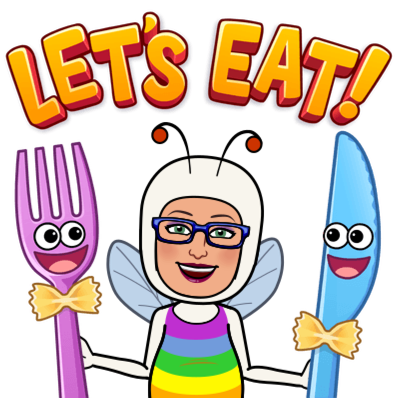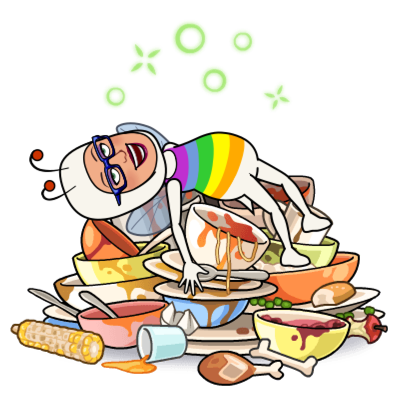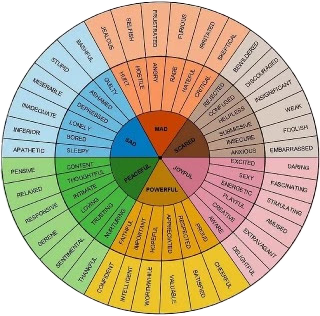The Importance of Breakfast
Our eldest son has often asked me, “Mom why don’t you make breakfast like Nana? She would make bacon, eggs, and toast.” This is an interesting question since one of my favourite meals is breakfast. In recent years, since I have been practicing intermittent fasting (yes, it seems to be working) and trying to keep my cholesterol in check by daily eating oatmeal, flax, and blueberries, my favourite meal, Nana style, has become a treat that I often reserve for one day on the weekend.
Growing up my mother would always prepare a solid breakfast alternating different versions of eggs, toast, sometimes meat like bacon, sausage, ham or kielbasa, tomatoes, and the standard glass of orange juice. Other additions or alternatives to the morning feast included French toast, pancakes, cereal, and rarely oatmeal. As we got older, often on weekends, my father would crank up the classical music or jazz while my mom would put out a very European charcuterie style spread along with croissants, fruit, Montreal bagels, coffee, and sometimes pastry. We slowed down at breakfast and lingered, embracing the time-off routine.


When raising a family, we would usually defer to cereal and toast for breakfast. Breakfast tended to be eaten quickly as buses had to be caught or lifts to school were given for extracurricular activities. On weekend we tended to prepare the ‘Nana Style’ breakfasts. Years later, once the boys were in college, Mark would grab cereal while I would tend to enjoy a Tim’s bagel and coffee, my morning treat driving into work. Now I am working hard at limiting my starch carbs filled with gluten plus I try to fast between 12 to 14 hours from my last meal the night before. Breakfast often becomes an early oatmeal lunch.
Do I still think breakfast is important? Yes, absolutely for children, (lol and our grand dog Torsha) and for those, like Mark, who needs to keep an eye on his sugar levels. As a teacher, I could see the benefits of students eating healthy snacks through morning breakfast programs and our sponsored morning nutrition programs. It was particularly beneficial for students who did not have access to nutritionally strong meals at home and lunches.
We have all been asked to contribute to local kids’ breakfast programs. We know the benefits. But what gets in the way of families eating breakfast? Often it is time. As a family everyone is rushing to get ready or in need of nudges to wake up, mornings can seem chaotic. In addition, many people find their stomachs sensitive to food upon waking. Solutions?
- Set the alarms 15 to 20 minutes earlier to allow for the extra time to wake up and build momentum in getting ready.
- Prepare breakfast items the night before. It’s easier if one doesn’t have to think that much if feeling sleepy. Chose items that appeal to your children. Why get in a battle first thing in the morning over food?
- Drink a large glass of water, (consider adding a few squirts of lemon juice). This will fuel the brain and engage one’s organs. Encourage the kids to try the big glass of water chug a lug. You might find you don’t need to have the morning java to get the bowels moving.
- Prepare a special dish at least once a week. Take a look at some of the very creative and fun breakfast ideas below.
Remember once your child attends school, when they arrive most schools do not have breakfast programs before the day starts. School scheduling and classroom routines do not always make exceptions for children who want to eat during lessons or seat work. Often eating is designated to recess or nutrition breaks. Therefore, remind your child that part of going to school is learning to follow the classroom rules and routines, which means they need to arrive at school prepared and not hungry.
Life and learning seem so much more palatable when our stomachs aren’t “hangry”.


Take Away Links
The Importance of Breakfast:
- https://kidshealth.org/en/parents/breakfast.html
- https://www.youtube.com/watch?v=vQ3XNgoa8U8
- https://www.family-action.org.uk/our-voices/2019/10/04/the-impact-of-breakfast-on-learning-in-children/
- https://www.youtube.com/watch?v=A-4lchE_rlE
- https://www.scholastic.com/parents/school-success/learning-toolkit-blog/6-healthy-breakfast-tips-your-kids.html






